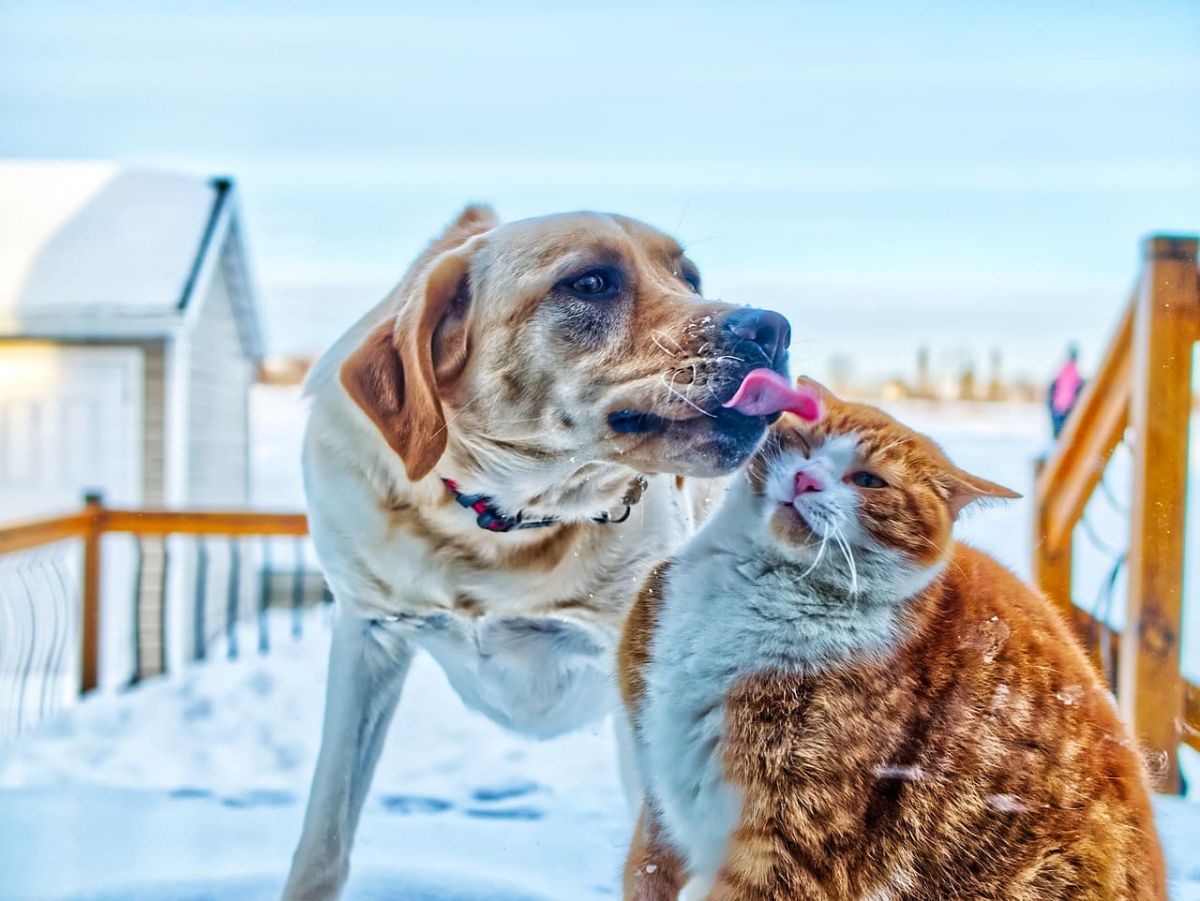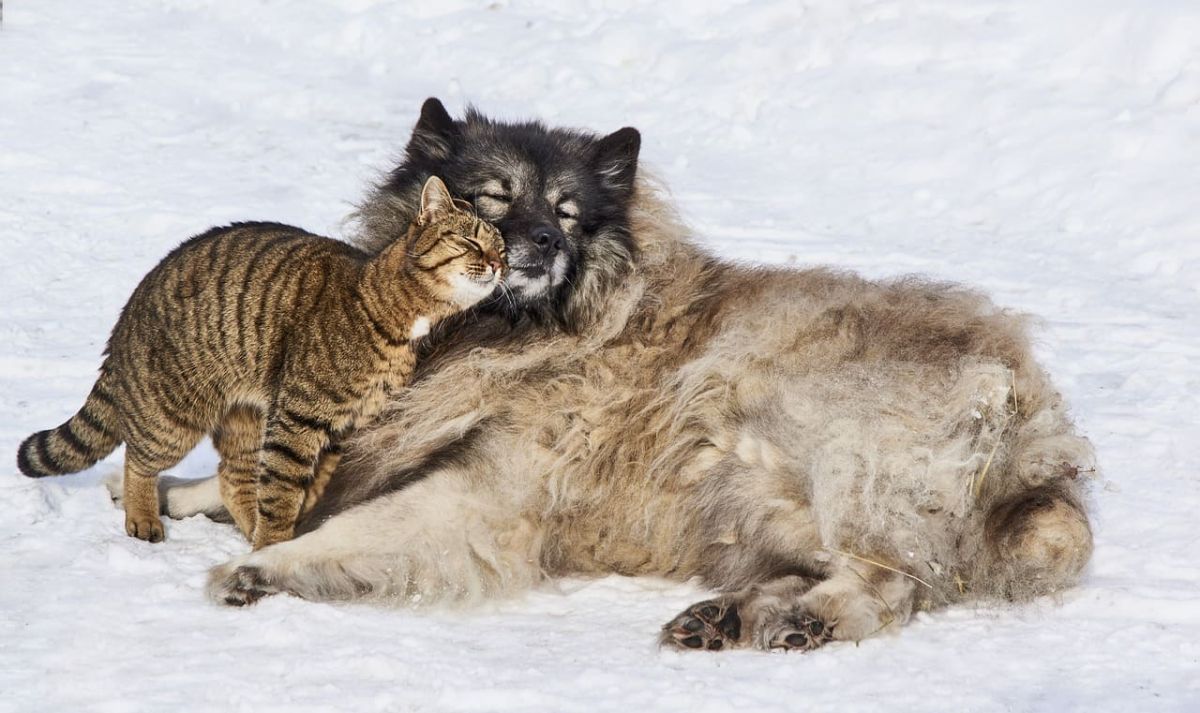Why Do Dogs Eat Grass
 July 15, 2023
July 15, 2023
Dog grazing is a common behavior that many dog owners find confusing and worrying. To understand why dogs eat grass, we need to explore some possible causes and explanations.
First of all, dogs eating grass may be a natural, instinctive behavior. Dogs are descended from wild wolves, which may have eaten grass in the wild to cleanse their intestines or aid digestion. The fiber and plant matter in grass can help dogs get rid of hair or other indigestible substances in their digestive system. This behavior is still present in today's domestic dogs, although their diet has changed.
Second, dogs may eat grass because of digestive problems. Some dogs may eat grass because of stomach upset or digestive problems. The fiber in grass can stimulate a dog's gastrointestinal tract and promote digestion and defecation. If your dog eats grass more frequently or is accompanied by other symptoms of digestive problems, it is recommended to consult a veterinarian to rule out any potential health problems.

In addition, dogs eating grass may be a behavioral problem. Some dogs may start eating grass out of boredom, anxiety, or boredom. This behavior may be a form of thrill-seeking, or an act of self-soothing. This behavior problem may need to be addressed through training and providing more stimulation. Making sure the dog has enough exercise and play time and providing plenty of toys and games can help reduce the dog's grazing behavior.
What’s more, dogs may eat grass because of taste or texture. Some dogs may have a special preference for the taste or texture of grass, which may lead them to eat grass. In addition, after seeing other dogs or animals eating grass, some dogs may also imitate this behavior. In this case, dog owners should pay attention to the dog's environment and avoid exposing the dog to harmful plants or grasses as much as possible.
In summary, dogs eating grass can be caused by a variety of reasons, including instinctive behavior, digestive problems, behavioral issues, or taste and texture. For normal grazing behavior, dog owners need not worry too much. However, if the dog eats grass more frequently or is accompanied by symptoms of other digestive problems, it is recommended to seek a veterinarian's opinion to rule out any potential health problems. In addition, dog owners should provide proper diet and nutritional supplements to ensure that the dog's digestive system is healthy. Regularly checking your dog's environment and avoiding exposure to harmful plants or grasses can help reduce grass eating behavior.

An Authoritative Glimpse into the World’s Top Ten Most Popular Categories of Pets


Why Do Cats Squirm Before Pouncing


True Heartwarming Stories: The Unbreakable Bond Between Animals and Humans


Pets’ Interesting News and Anecdotes


Owning a Pet May Help Maintain Mental Health When We’re Over 65


Pet IQ Test: Explore Your Pet's Intelligence and Potential


Pet Insurance: A Must for Comprehensive Pet Protection


Instruction to PetSmart















